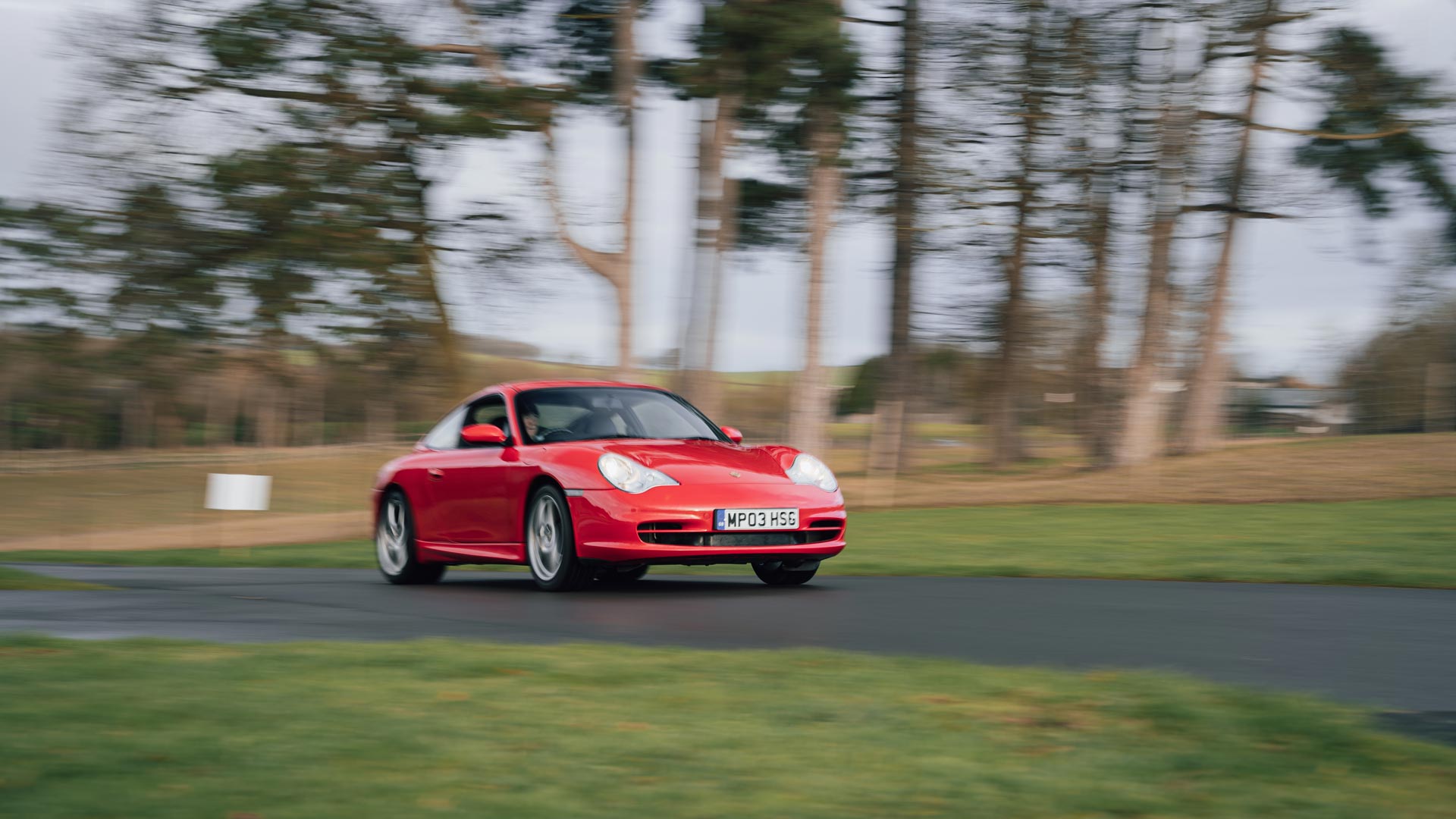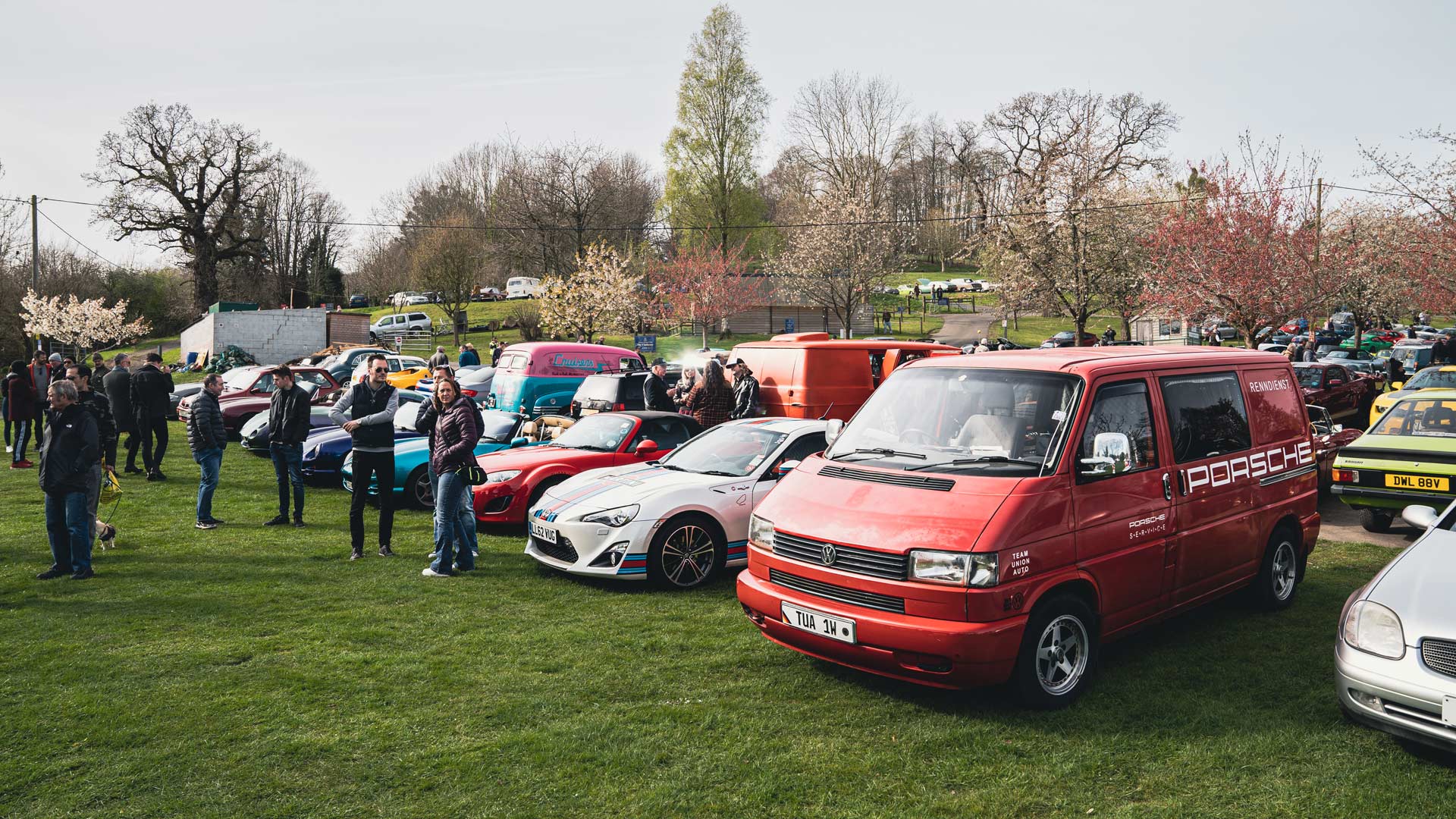Insurance specialist Footman James has published its Indicator Report into current trends within the classic car scene.
With the classic and collector car industry worth more than £18.3 billion, the sector represents a significant contribution to the UK economy.
However, the report has uncovered the need to attract a younger audience to classic cars, along with an improved level of diversity, to secure the industry’s long-term survival.
Need to improve classic diversity

Information taken from Footman James’s client profile found 91 percent are male, meaning only nine percent of classic car owners are women. The majority are aged in their 50s and 60s, with just eight percent under 40.
Age is clearly not a barrier to classic car ownership, however, with Footman James insuring hundreds of drivers in their 90s. The company’s oldest customer is 99 years old.
However, a survey of almost 3,000 classic car enthusiasts by the company found that change may be on the way.
More than a fifth (22 percent) of females questioned said they would consider owning a classic car in future. In comparison, nearly 40 percent of male respondents said the same.
Could Gen-Z save the industry?

Younger generations also showed an interest in owning a classic vehicle. A considerable 49 percent of respondents from the Gen-Z demographic, born between 1997 and 2012, said they would eventually like to own a retro car.
Millennials, born between 1981 and 1996, were less sure, with only 35 percent saying ‘yes’ to future classic ownership.
Footman James managing director David Bond said: “Change is good for our community. In many ways, as this report highlights, we have changed and evolved as a classic car sector, using technology and communities in times of need. But if we look around, it’s clear to see that our industry isn’t doing enough to change quickly enough, especially around the gender and age of enthusiasts.”
ALSO READ:
Restored Eggenberger Merkur XR4Ti touring car up for sale


